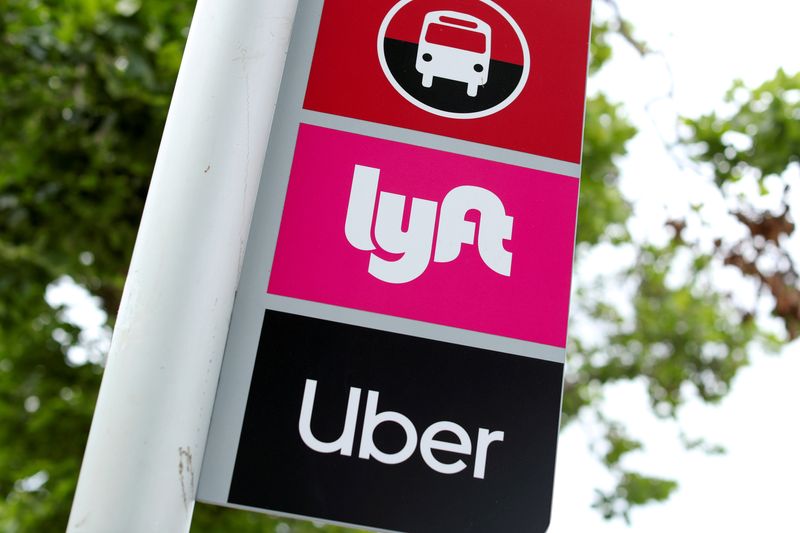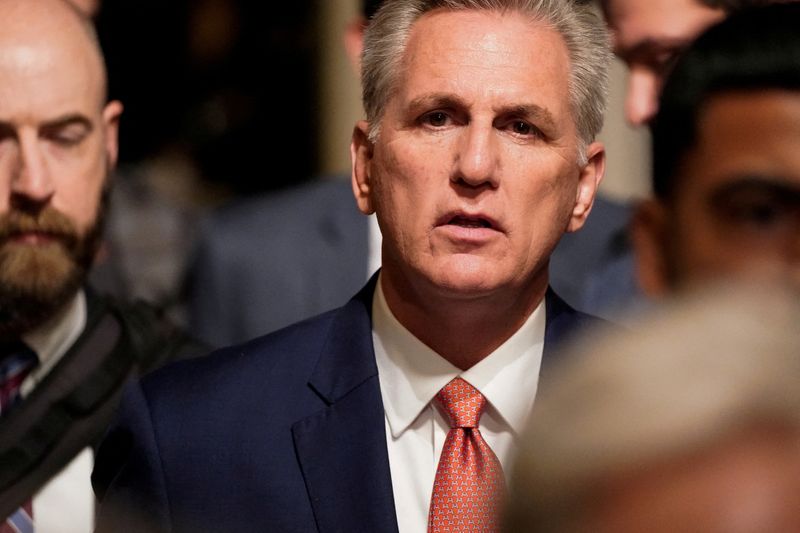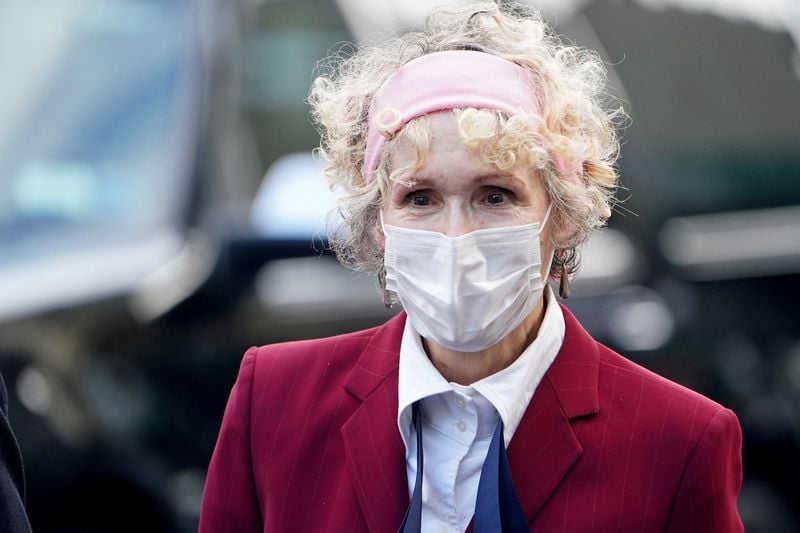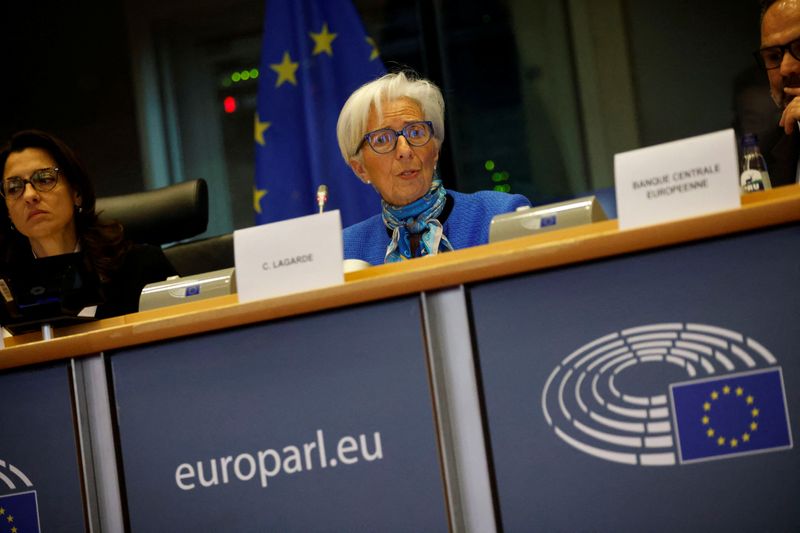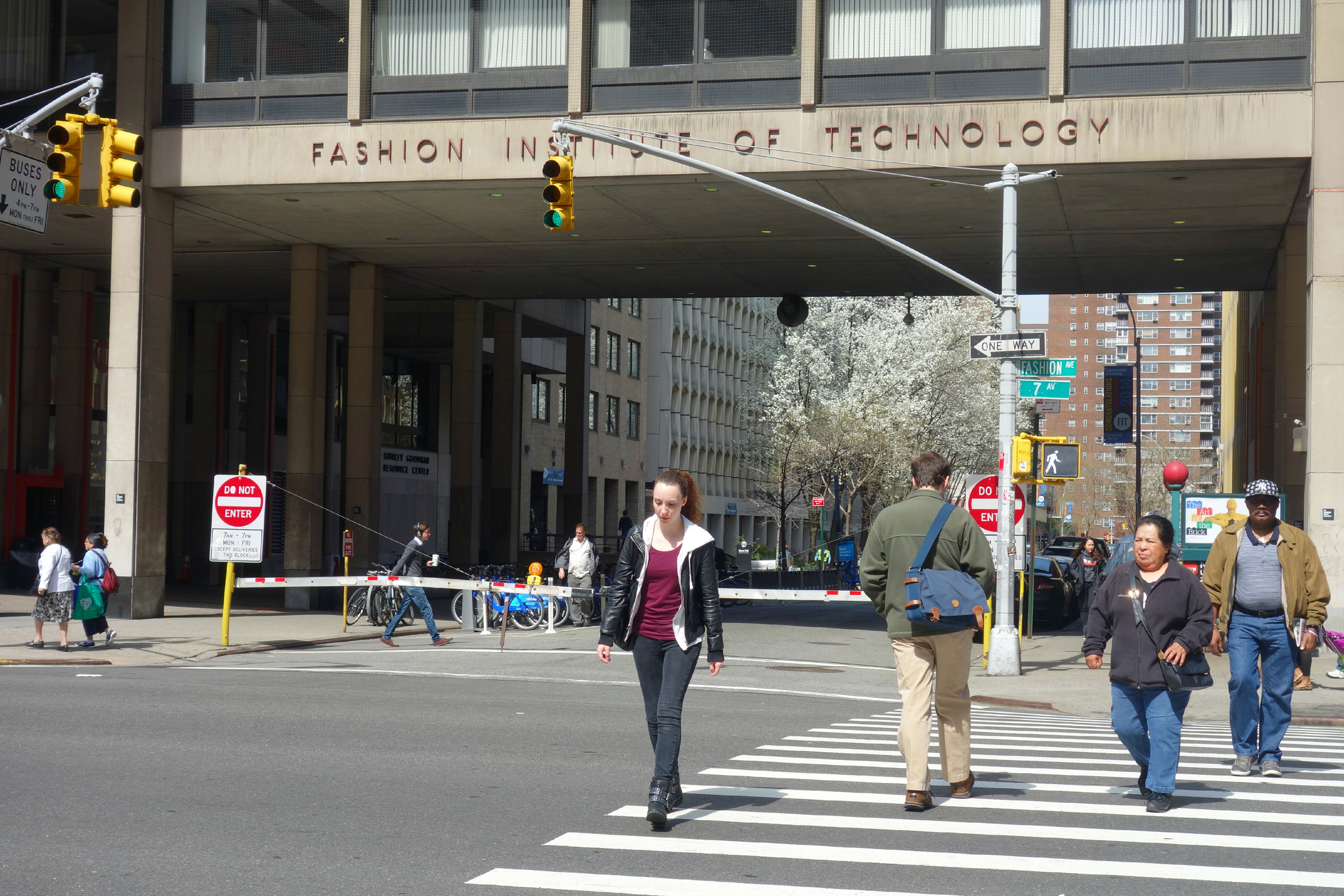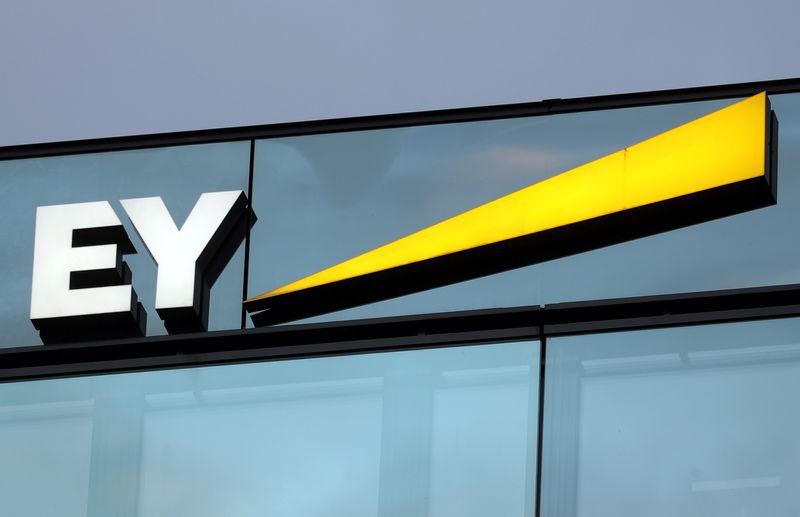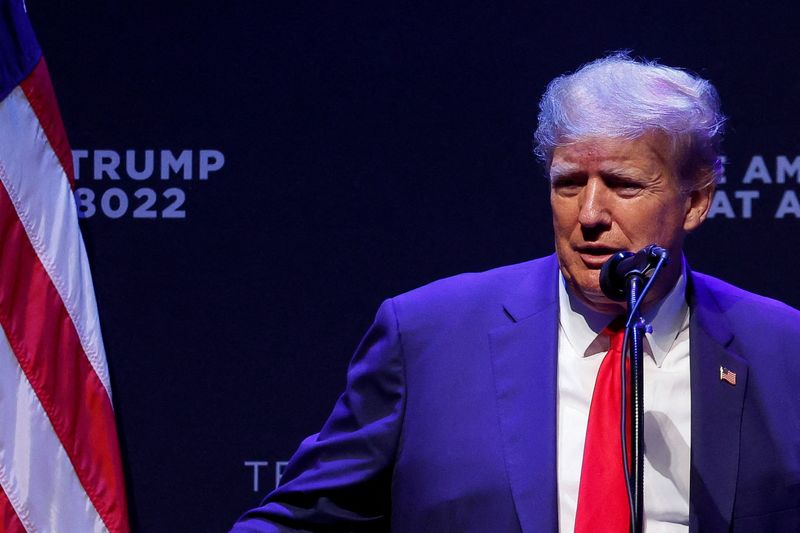New York, NY – Police were seeking a man after engaging in a moment of indecency aboard a New York City subway train on Wednesday in the Fort Washington section of Manhattan.
Today, the NYPD announced it has arrested 42-year-old Lalel Batten, of the Bronx in connection with the incident.
According to detectives with the 34th Precinct, a 30-year-old woman was harassed by an unknown male aboard the uptown 1 train as it approached the 181st Street station at around 9:30 am.
Police say the man, now wanted for public lewdness approached the woman and exposed himself to her and engaged in self-gratification while touching himself.
Detectives investigating the incident said the man remained in close proximity to the victim during the incident. When the train entered the station, he fled toward 181st Street.

The suspect was described as a male with a medium to dark complexion. He was last seen wearing a black hooded sweatshirt, sweatpants, sneakers, and a black ski mask.
Ad: Save every day with Amazon Deals: Check out today's daily deals on Amazon.
Anyone with information concerning this incident is asked to call the NYPD’s Crime Stoppers Hotline at 1-800-577-TIPS (8477) or for Spanish, 1-888-57-PISTA (74782). The public can also submit their tips by logging onto the Crime Stoppers website at https://crimestoppers.nypdonline.org/, on Twitter @NYPDTips.





